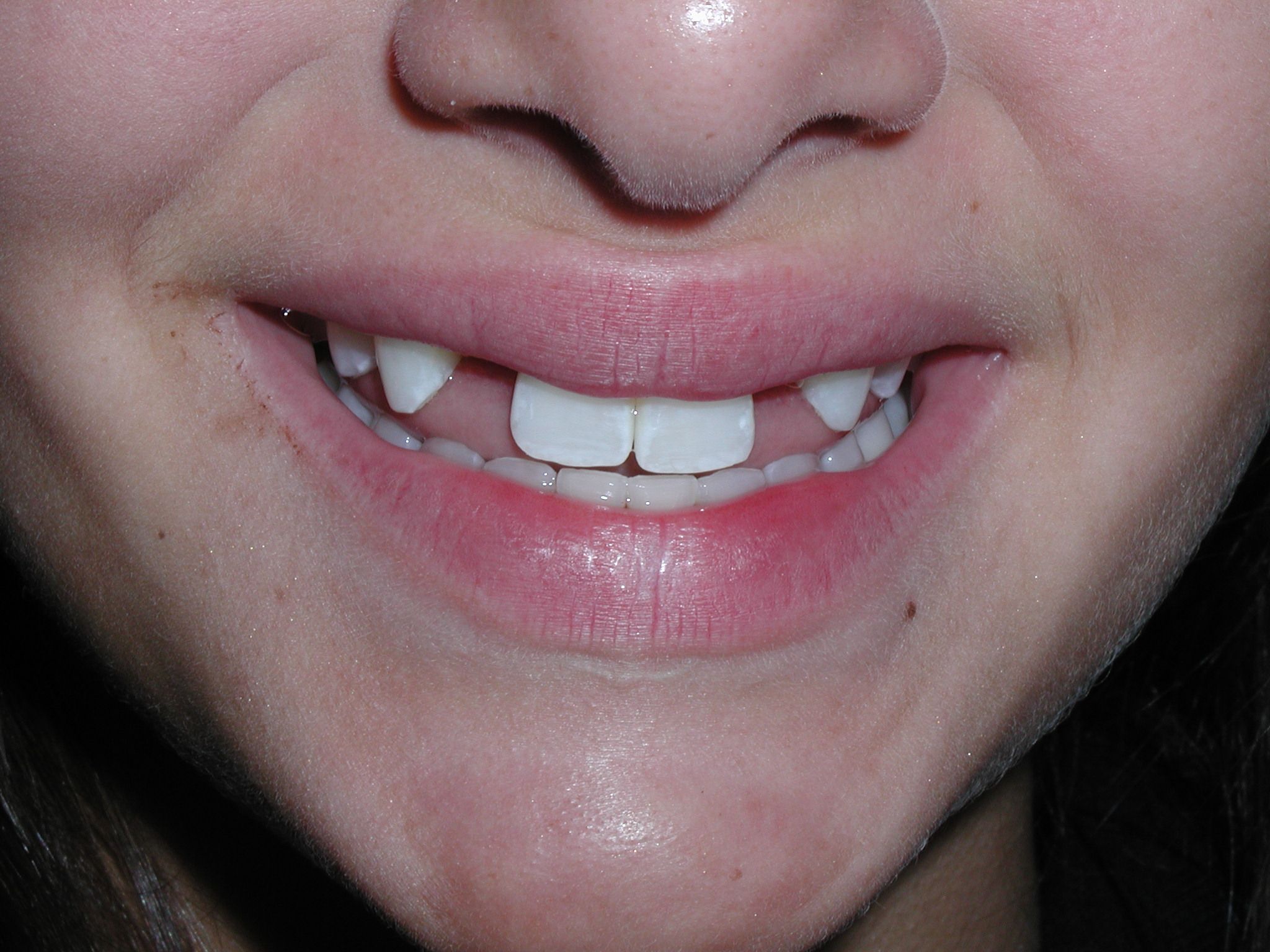Understanding of Genetic Tooth Malformation Could Help Develop Future Reversal Therapies
Congenital missing teeth affects millions of people around the world. A new research initiative, backed by a grant from the National Institutes of Health, hopes to determine the causes of the genetic mutations that prevent teeth from forming. Continue below to find out more about the grant-supported research.
D'Souza and her colleagues plan to begin their research using mice.
Worldwide, as many as 16.2 percent of individuals suffer from congenital missing teeth (CMT) in the permanent dentition (excluding third molars) or teeth that are missing as a result of genetic mutations.
Rena D’Souza, D.D.S. and Professor of Dentistry at the University of Utah Health, hopes that a recently awarded grant from the National Institutes of Health (NIH) will help determine the causes of these mutations and pave the way for the development of treatments to reverse the process.
Because these mutations prevent teeth from forming, the negative impact to affected patients can be significant. In many cases, patients with CMT have problems with self-esteem, oral communication patterns and quality of life.
These patients also have complications ranging from malocclusion and periodontal damage to changes in skeletal relationships. Efforts to correct the damage these genetic mutations cause is often costly and time-consuming.
The NIH awarded D’Souza and her colleagues a grant totaling more than $1.7 million. The monies will be used to study how certain genetic mutations, like those that can occur on gene PAX9, influence protein pathways that play a role in tooth formation. The team plans to study a certain protein pathway — the WNT pathway — that has already been shown to pass signals on to certain cells that are ultimately responsible for normal tooth formation.
“This genetic disorder is not life threatening, but it severely affects the quality of life for patients and can be expensive. As a clinician, I always wanted to explore how a single shift in the genetic code could cause such a big problem,” D’Souza said. “It is like peeling away the layers of the onion so that you can develop new treatment strategies.”
For those affected by these types of genetic mutations, it’s not uncommon to spend as much as $60 thousand to replace several missing teeth. If successful, the planned research could be instrumental in developing new therapies that reestablish normal pathways between specific genes and protein pathways, leading to a restoration of normal tooth development.
The research team plans to begin their investigation of this problem using mouse models, and colleagues at Cincinnati Children’s Hospital Medical Center, the University of Lausanne, the University of Pittsburgh, and the Perelman School of Medicine will also contribute to the effort. If any potential treatments are identified during the course of their research with the NIH grant, additional research will be performed before any testing on people.
“The journey to translate an animal model to humans is daunting, but these studies are the first steps to find new therapies to treat devastating craniofacial disorders. This research is not just about the science, but about sharing with the community and helping to treat patients with safe and non-invasive measures,” D’Souza said.
